Nissan is delaying by at least ten months the launch of two battery-electric vehicles it had planned to build in the United States. The move was blamed on the vote by Congress to phase out federal EV tax credits at the end of September. More from Headlight.News.
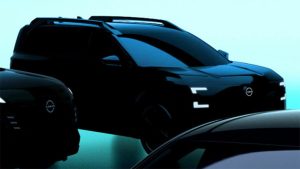
Earlier this year, Nissan teased upcoming models, including an all-electric SUV it will build in the U.S.
Nissan’s plan to expand its EV line-up is again being delayed, the automaker has confirmed, two new battery-electric models being pushed back by at least ten months.
While earlier delays reflected the Japanese automaker’s ongoing internal struggles, however, the latest move comes in response to the vote by Congees approving a federal spending bill which, in turn, will eliminate current U.S. tax credits of up to $7,500 for EV buyers as of September 30. That is expected t lead to a reduction in demand for battery-based products, according to S&P Global Mobility and other analysts.
Ironically, the move – now signed into law by Pres. Donald Trump – works against another one of the president’s goals. Nissan had planned to produce both EVs in the United States, unlike the Ariya EV currently imported from Japan.
What’s pushed back
Nissan was the first automaker to launch a mainstream battery-electric vehicle, the Leaf. But it repeatedly delayed or cancelled subsequent programs, starting with a version of Leaf meant for the Infiniti brand. It only launched a second model, the Nissan Ariya, in early 2022 after several postponements.
An all-new version of the Leaf will come to market later this year, while two more U.S.-made EVs were set to follow, Nissan said earlier this year. What it previously described as “an adventure-focused SUV,” codenamed PZ1K, was to go into production during the 2027 fiscal year, while a second, more upscale crossover for Infiniti, codenamed PZ1J, was to debut the following year.
As it now stands, the Nissan model will be pushed back at least 10 months, production now set to begin in November 2028, while the Infiniti EV won’t follow until March 2029.
A “strategic decision”
Since 2019, EVs have gone from less than 1% of the U.S. market to 7.4% during the first five months of 2025, but the growth rate has sharply slowed over the last 18 months. That has led a number of manufacturers to rethink their product rollout plans.
In Nissan’s case, the automaker had already delayed a number of programs, however, due to its own internal financial struggles and changes in upper management. The decision to delay the two new EVs was one of the more significant moves made under Ivan Espinosa, named the automaker’s new CEO in March.
The delays were first reported by Automotive News which quoted a memo sent to suppliers.
Subsequently, spokesman Kyle Bazemore issued a statement confirming, “We’ve made the strategic decision to slightly adjust the production timeline for our EVs at the Canton plant,” the Mississippi plant scheduled to produce both of them. Our goal,” the statement added, “is to ensure that this facility continues to bring highly competitive vehicles to market that exceed customer expectations.”
More Nissan News
- Nissan Names “Real Car Guy” as New CEO
- Nissan Turns Over a New Leaf – and This Time It’s an SUV
- Losses Mounting, Nissan Announces Extensive Cuts to Jobs, Plants, Production
Automakers struggle with uncertainty
The industry, as a whole, has struggled to cope with changing market demand, among other things, the ongoing shift to crossovers. The next-generation Leaf has migrated from a hatchback to a crossover body style. And, earlier this year, it killed plans for two U.S.-made all-electric sedans.
“The sedan market is shrinking,” Nissan Americas Chairperson Christian Meunier said. “We need to face reality.”
But the broader issue is the uncertainty surrounding future growth of the EV market. Under Pres. Joe Biden, plans were put in place to drive demand, including $5 billion set aside to expand the nationwide public charging network. Trump has ordered remaining funds to be clawed back, among other steps he’s taken to reverse Biden pro-EV policies. Further complicating matters, the still-evolving Trump tariff program which targets imported autos and auto parts, as well as foreign-made steel and aluminum.
“It’s going to be more challenging,” Meunier said in April. “It depends on how regulation evolves. It’s disruptive to have one administration going one way, another administration go the other way.”
At least temporarily, the delayed launch would appear to work against a key goal of the president’s to bring more auto manufacturing to the U.S. Nissan spokesman Brian Brockman told Headlight.News there will be “No impact to Canton plant Employment as a result of the delay.”

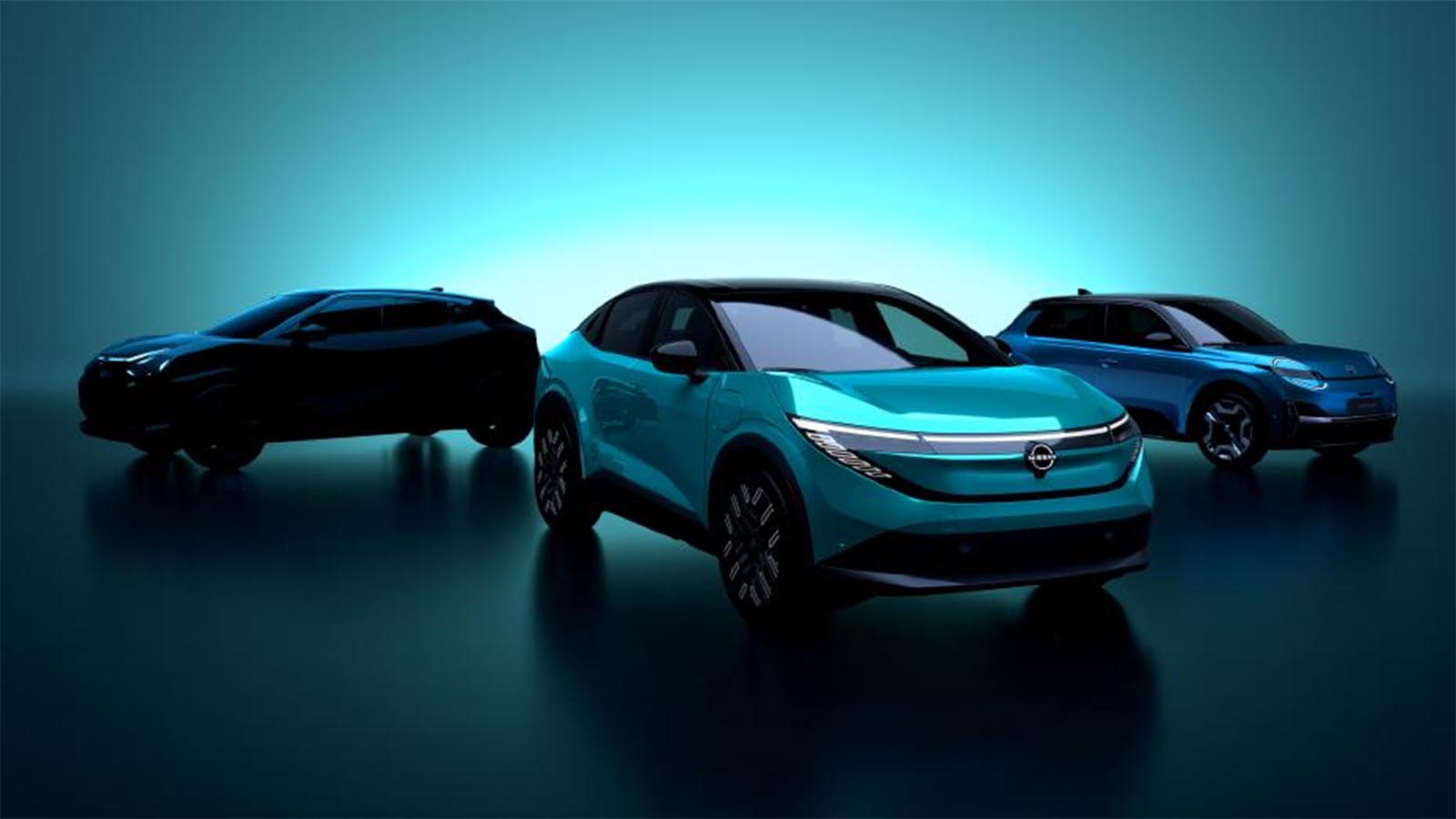
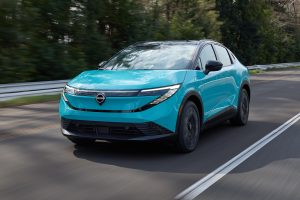


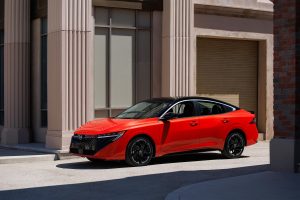
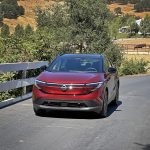
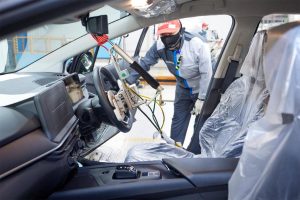

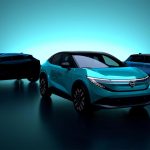


0 Comments